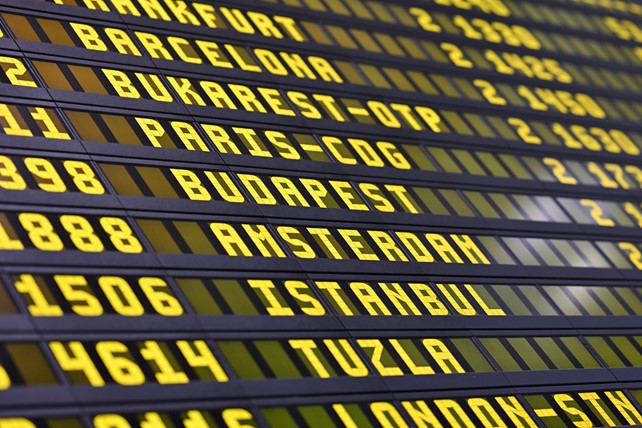The majority of respondents (76%) to a long-haul business barometer by the European Travel Commission say that the conflict has not impacted their travel intent.
Results show that Covid-19 concerns, travel-related costs and the lack of convenient travel connections are the main deterrents to long-haul travel this summer.
It found that Russian travellers’ desire to visit Europe reached the lowest level on record due to the ongoing conflict in Ukraine and consequent sanctions imposed on Russia.
Japanese enthusiasm for long-haul travel also remains low with just 14% of respondents planing to take a trip to Europe this summer.
More than half of Americans who stated their intention to travel to Europe during the summer season have not yet booked their flights, suggesting that last-minute bookings will be a prominent factor in this market due to both economic and geopolitical uncertainty. Concens over the impact of inflation on personal finances and increased travel costs are also raised.
Canadians are also hesitant about when to take their next European holiday, with only 30% having booked their flights.
Respondents from Canada wish to visit coastal and metropolitan destinations, with France, Italy and the UK ranking as the most popular countries to visit.
The survey covers travel intentions from Brazil, Canada, China, Japan, Russia and the US every four months.
ETC president Luis Araujo said: “ETC is pleased to see that long-haul travel sentiment is gradually improving as the world continues to recover from the pandemic – albeit at a slow pace.
“It is heartening that the ongoing conflict in Ukraine has not become another deterrent to international travel to Europe.
“Europe remains a safe and attractive travel destination. Nonetheless, the fallout from the conflict, such as rising costs of living and travel related costs are hampering the sector’s recovery.
“Promoting Europe in overseas markets and restoring international mobility will be crucial for the sector’s recovery in 2022.”

























